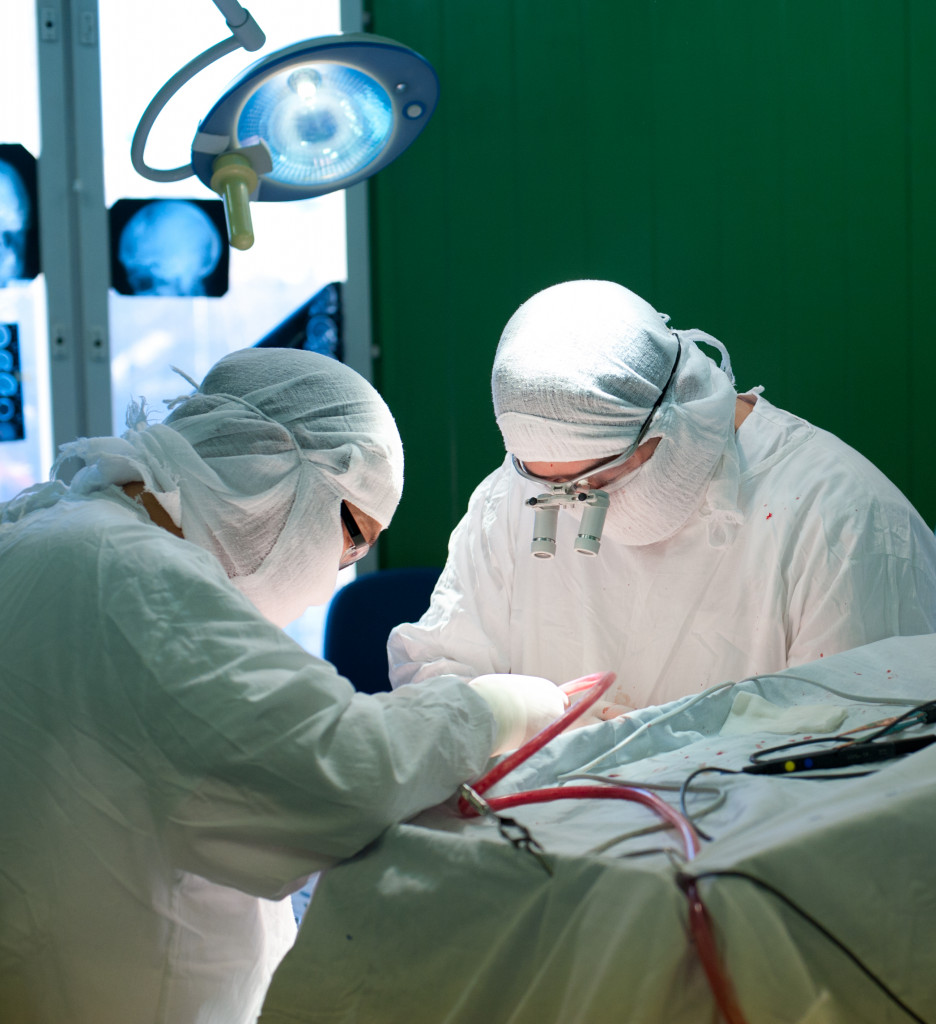The future of healthcare is looking to be one marked with technological advancements. Although this sector is typically known for its slow adoption of innovation, recent years have proven that more healthcare professionals are ready for a change. These days, it is no longer practical to ignore the benefits that technology offers medicine. In addition to administrative tools that streamline processes, several new devices aim to improve healthcare further.
3D Printing for Better Prosthetics
Traditionally, artificial limbs are made through a complicated process using different materials, from carbon fiber to titanium. Although the final product is useful in providing patients with life-like limbs, these prosthetics have room for improvement. Recently, professionals from the tech industry and medical design firms have found a way to enhance the design, creation, and functionality of prosthetics. Using 3D printing technology, they are creating prosthetics in less time but with more details. They are improving the process to make this accessible and affordable to more patients around the world.
Mixed Reality for Experiential Education
Augmented reality (AR) and virtual reality (VR) are better known in the gaming world. Both of which provide users with the ability to experience different simulations in a digital environment. Recently, innovative thinkers are taking this technology to medical school. Medical and nursing students can use VR to explore the human body while learning about it. AR, on the other hand, allows students to see actual medical procedures as they are happening. These can significantly impact how medical education is taught, creating better-informed students.
Brain Implants for Physical Therapy

Brain computer interfaces (BCIs) are currently being studied and developed to treat neurological disorders. Many experts believe that BCIs have the potential of being the next ‘laser eye surgery’ in terms of importance in the healthcare sector. Currently, there are studies on how to use brain implant therapy in helping patients with spinal cord injuries walk again. Theoretically, a chip can be implanted into the patient’s brain, where it will translate electrical signals to restore movement in limbs that have been paralyzed.
Bionic Eyes for Improved Sight
Researchers are currently studying the use of 3D printing in creating bionic eyes. Using this technology, they print different light receptors on a glass eye. This experiment aims to provide sight-impaired patients with a solution that will restore or improve their ability to see. Although there is still a long way to go, healthcare professionals are excited about the prospect of a new treatment for patients.
Robots for All-Around Healthcare
When discussing the impact of technology in healthcare, it is difficult to ignore the potential role of robots in the future of medicine. Currently, more hospitals are adopting health management programs that allow them to streamline processes. But these are not enough to address all the problems the healthcare sector faces. Robots present a creative way to address issues like insufficient manpower and human errors.
Technology is changing the world at a steadily growing pace. The healthcare sector has already benefited from these innovations. It will only be a matter of time before most of these experiments are finalized and implemented in hospitals around the world.

